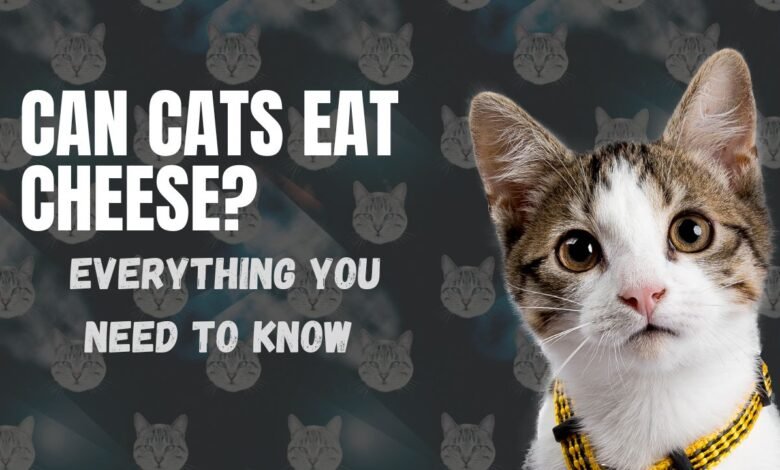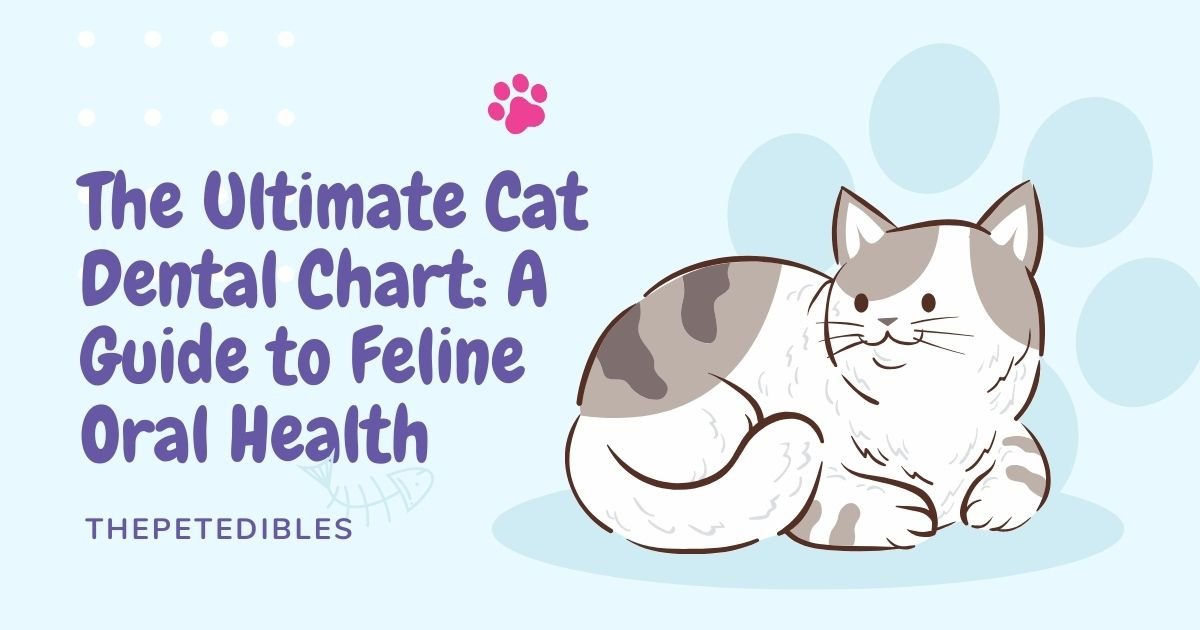Can Cats Eat Cheese? Everything You Need to Know

Introduction
If you’ve ever caught your cat staring at your cheese sandwich, you might have wondered: Can cats eat cheese? While many cats are drawn to dairy, cheese might not be the best snack for them. Let’s dive into whether cheese is safe for cats and how it affects their health.
Do Cats Like Cheese?
Most cats seem curious about cheese, likely because of its strong smell and creamy texture. But just because they like it doesn’t mean it’s good for them.
Can Cats Eat Cheese?
Technically, a small bite of cheese won’t harm most cats. However, many cats are lactose intolerant, which means cheese could cause digestive issues.

Why Cats and Dairy Don’t Always Mix Well
Lactose Intolerance in Cats
Unlike humans, cats lack enough lactase, the enzyme needed to break down lactose (the sugar in dairy products). This often leads to stomach problems.
How Cats Digest Dairy
Kittens can digest their mother’s milk, but as they grow, their ability to process lactose diminishes. This makes dairy, including cheese, difficult for most cats to digest.
Types of Cheese and Their Effects on Cats
Is Hard Cheese Safe?
Cheeses like cheddar or parmesan contain less lactose than milk, making them slightly safer. But they’re still not ideal due to their high fat and sodium content.
Soft Cheese and Its Risks
Brie, mozzarella, and cream cheese have higher lactose levels and can cause diarrhea or vomiting in lactose-intolerant cats.

Processed Cheese and Artificial Additives
American cheese, cheese spreads, and flavored cheeses contain preservatives and artificial ingredients that can be harmful to cats.
Health Risks of Feeding Cheese to Cats
Digestive Issues
Even a small amount of cheese can cause bloating, gas, and diarrhea in sensitive cats.
Obesity Concerns
Cheese is calorie-dense. Regularly feeding cheese can contribute to weight gain and obesity in cats.
Allergic Reactions
Some cats may have allergies to dairy, resulting in itching, skin issues, and gastrointestinal distress.

Benefits of Cheese for Cats (If Any)
While cheese contains protein and calcium, cats get all their necessary nutrients from a proper meat-based diet. Cheese does not provide significant benefits to cats.
How Much Cheese Can Cats Eat?
If your cat tolerates cheese well, a tiny piece as an occasional treat is fine. However, it should never be a regular part of their diet.
Safe Alternatives to Cheese
Instead of cheese, consider cat-safe treats like cooked chicken, plain yogurt (if tolerated), or commercial cat treats.
What to Do If Your Cat Eats Too Much Cheese
If your cat consumes a large amount of cheese, monitor them for symptoms like vomiting, diarrhea, or lethargy. If symptoms persist, contact your vet.
How to Introduce Cheese Safely (If You Must)
If you really want to give your cat cheese, start with a tiny amount and observe their reaction. Stick to lactose-free cheese if possible.
Homemade Cat-Friendly Treats Without Cheese
You can make homemade cat treats using ingredients like tuna, chicken, and pumpkin—no cheese required!

Common Myths About Cats and Cheese
- “Cats love milk and cheese!” While they may like the taste, their bodies aren’t designed to digest it well.
- “A little cheese won’t hurt.” Even a small amount can cause digestive issues in some cats.
- “Cheese is a good protein source for cats.” Cats need animal protein, and cheese is not a necessary part of their diet.
Vet’s Advice on Cheese Consumption for Cats
Most vets recommend avoiding cheese altogether. However, if your cat enjoys it and shows no adverse effects, a tiny piece occasionally is okay.
Conclusion
While cheese isn’t toxic to cats, it’s not a great treat for them either. Due to lactose intolerance, high fat content, and potential allergens, it’s best to offer alternative treats. Always consult your vet before introducing new foods to your cat’s diet.
FAQs
1. Can kittens eat cheese?
Kittens have more lactase than adult cats, but cheese is still not ideal. Stick to kitten-friendly foods.
2. What kind of cheese is safest for cats?
Hard cheeses like cheddar have less lactose, but they should still be given in moderation.
3. What are the symptoms of lactose intolerance in cats?
Common symptoms include diarrhea, vomiting, bloating, and stomach discomfort.
4. Can cheese be used as a cat treat?
A tiny amount on rare occasions is okay, but there are healthier treat options available.
5. What should I do if my cat eats a large amount of cheese?
Monitor for digestive issues and contact your vet if symptoms persist.



